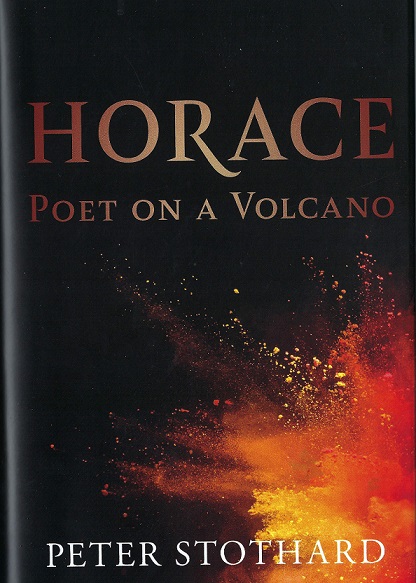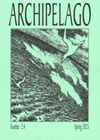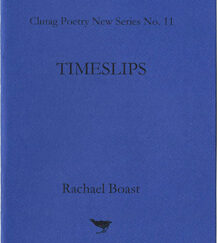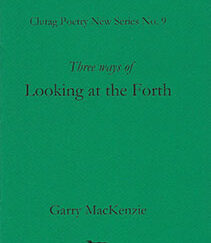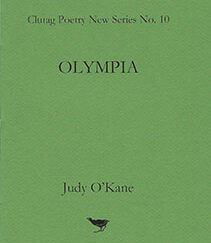In a time of the breaking of nations, as we surely are (as Thomas Hardy wrote: ‘Yet this will go onward the same / Though Dynasties pass’), it is salutary to read not just Hardy’s poem but even more, perhaps, the poetry of the Roman poet Quintus Horatius Flaccus (65-8 BCE), better known to us as Horace.
Hardy read Horace. ‘The Breaking of Nations’ poem doesn’t lead us directly to the Roman poet, but other poems of Hardy’s do, notably ‘The Convergence of the Twain’ (on the loss of the Titanic).
Horace can’t quite be said to have been at the hot gates at Philippi in 42BCE. But he was there, a soldier in reserve, in Brutus’s ultimately doomed army. He saw the horrific carnage up close. It was the horror ‘done’. He would later famously write of ‘the horror left undone’. It’s something we know about.
Horace is one of those great poets whose work is so diverse and emotionally profound, deceptively commonplace, by the most artful sleight of hand, it can’t be satisfactorily categorised. But he was inter alia a war poet. His eventual patron was Gaius Maecenas, advisor to the man who would become the Emperor Augustus. Primarily concerned with the art of poetry, as poets ought to be, Horace was a humorous rhetorician who knew how to court risk, how to tease truth to power, and get away with it.
Peter Stothard’s Horace: Poet on a Volcano (from Yale University Press) in its c. 300 pages manages with fine economy and immensely readable sentences to integrate life and times (and what times) in a most compelling narrative. We
recommend it to all our readers disturbed by the horror currently being done, as ‘Rome’ continues to fall. Not least on the postcolonial island of Britain, which Horace, in his poem to the Goddess Fortuna, referred to (here in David Ferry’s
translation) as ‘that savage island of the Britons / Out at the end of the earth’.
Nowadays that savage island may be considered merely a province in Donald Trump’s Empire, doing what it’s told, or else. A lot of that kind of thing went on in the Roman world, not least after the assassination of Julius Caesar. Frame that with Vladmir Putin’s psychotic violence, Xi Jinping’s menacing imperialism, and the atrocities witnessed daily in Gaza, then the life, times, and poetry of Horace, educated in Athens, allied by fate with Brutus, has much to tell us and to help us cope with ‘the horror’ in its present dispensation. He shows us too how a public and political poetry might be written, subtly and obliquely. Hardy could do the same. His ‘Breaking of Nations’ poem ends on a note of hope, though hard to take comfort from:
Yonder a maid and her wight
Come whispering by:
War’s annals will cloud into night
Ere their story die.

